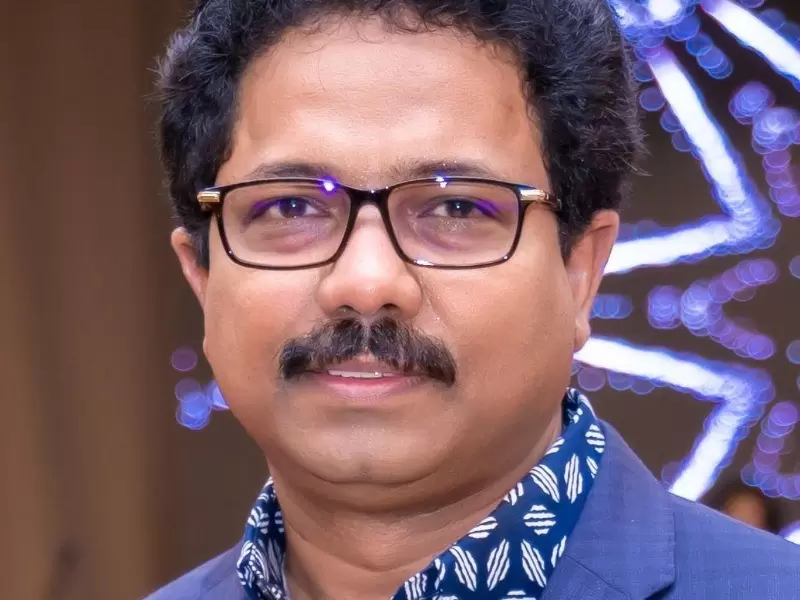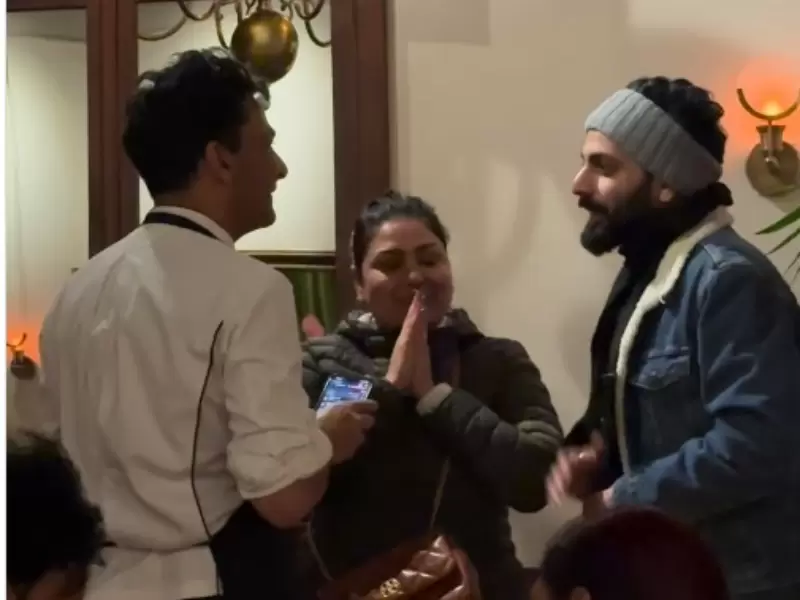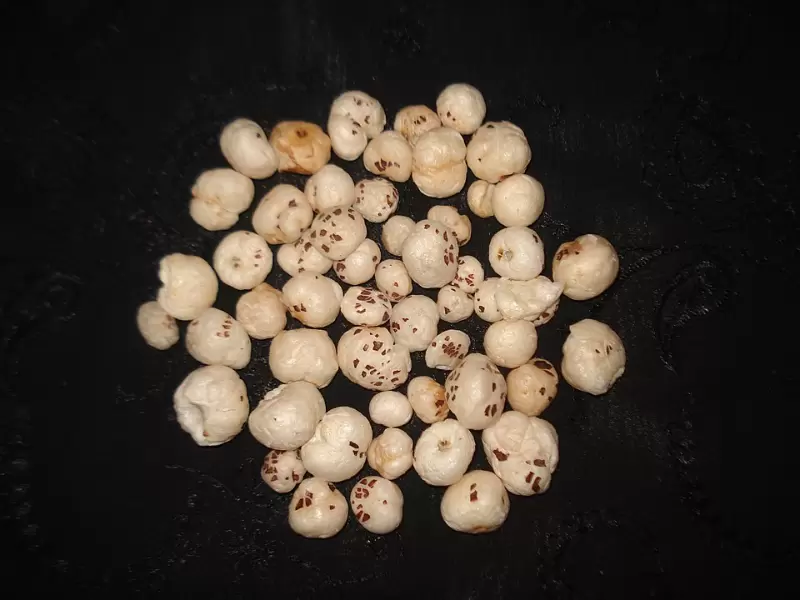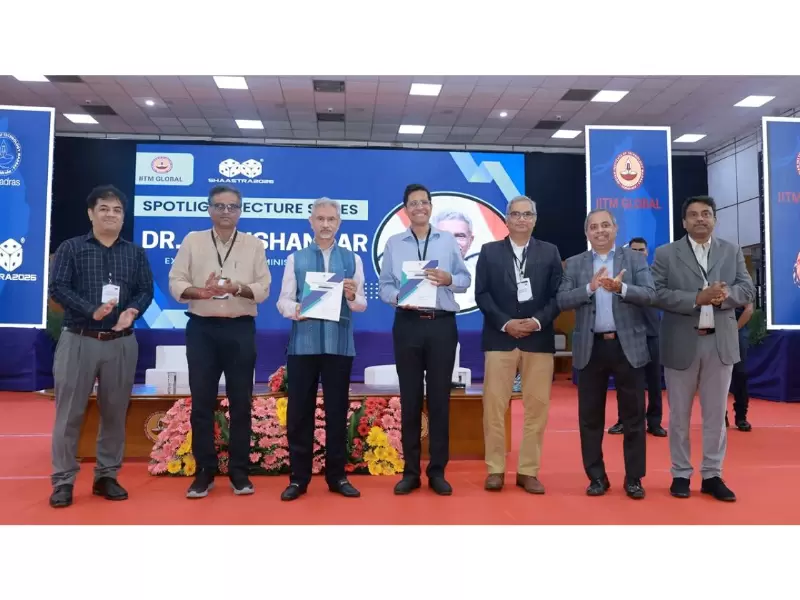ADVERTISEMENT
POP
See MoreCommunity
See MoreShankar Mahadevan launches Indian diaspora magazine, Pravasi Samwad
Pravasi Samwad looks to establish itself as a credible and unifying voice for the Indian diaspora all across the globe.
-
The record-setting meditation was held on Dec. 21 and streamed live on the official Heartfulness YouTube channel.
-
A six-month-old community theater collective staged a three-hour performance featuring multiple theatrical forms.
-
The reunion brought together alumni based across India and abroad.
ADVERTISEMENT
Videos
View AllOpinion
See MorePeople
See MorePriyanka Choudhari recognized for podcast’s social impact
In her podcast, Choudhari shares success stories, ranging from new immigrants to established leaders.
-
He was appointed as a board member alongside Scott Andrews, Travis Byers, and Kerry McCarthy.
-
The filings, which list contributors of $100,000 or more, show Jadeja reported a $5 million contribution from California in November...
-
Venepalli has been a prominent member of the North Carolina ACS local section and served as its chair in 2019.
ADVERTISEMENT
Entertainment
See More
The series spent two weeks on Netflix’s Global Top 10 Non-English TV Shows list and reached the No. 1 position in India
-
The Mozart of Madras, who has sung all five tracks in the film, is also making his acting debut in...
-
PeeCee also shared some other family moments with Malti and her mother, Madhu Chopra, on social media.
-
Balvin has won eleven Billboard Latin Music Awards, six Latin...
-
PeeCee shared that at times life moves at such a...
-
ADVERTISEMENT
Immigration
See More
He noted that family toxicity and societal pressure he faces in India are making the decision harder.
-
The account mirrors the shifting prospects for Indian professionals abroad in the current times.
-
There is an urgent need for a fresh look at the immigration policies of the nations abundant with manpower or...
-
The model minority myth endures because it is institutionally convenient...
-
For January 2026, USCIS has decided to continue to use...
Food
See More-
Instagram content creator Anushk Sharma shared a heartfelt review of the Michelin starred Indian restaurant in Chicago.
-
The menu draws from Lucknow’s narrow lanes, Delhi’s Mughal-era durbars, Hyderabad’s Nizami kitchens and the coastal food cultures of Tamil...
-
ADF Foods is a fourth-generation family-owned leader in gourmet frozen
-
The new Newark Avenue outlet expands South Indian dining options...
-
Chef came to Dallas on a very short visit over...
-
The fast-casual Indian chain expands with a growing U.S. footprint...
-
The rebranded restaurant features team-themed visuals and a stadium-style atmosphere...
-
Attendees will receive a tour of the kitchen, observe operational...
SPORTS NEWS
See MoreTeam Canada will play in the T20 World Cup to...
The decision reportedly followed concerns over violence against members of...
In 2026, the shortest format will be in focus big...
ਮੰਧਾਨਾ ਹੁਣ ਮਿਤਾਲੀ ਰਾਜ, ਸੂਜ਼ੀ ਬੇਟਸ ਅਤੇ ਸ਼ਾਰਲਟ ਐਡਵਰਡਸ ਤੋਂ...
News
See More-
ADVERTISEMENT
Please enter something
- Asian Americans
- Biz
- Books
- Canada
- Community
- Culture
- Dating
- Diplomacy
- Diwali
- Editor picks
- Editorial
- Explainers
- Fashion
- Features
- Food
- Immigration
- India
- India Decides '24
- India Independence Day
- Letters to the Editor
- Life
- Maha Kumbh
- Movies+
- News
- Opinion
- People
- Ram Mandir
- Reviews
- Sports
- Spotlight
- Tech
- Travel n’ Diplomacy
- Trump 2.0
- UK Votes 2024
- US Elections 2024
- USA
- West Coast






_(cropped)-1.jpg)



















.jpg)

